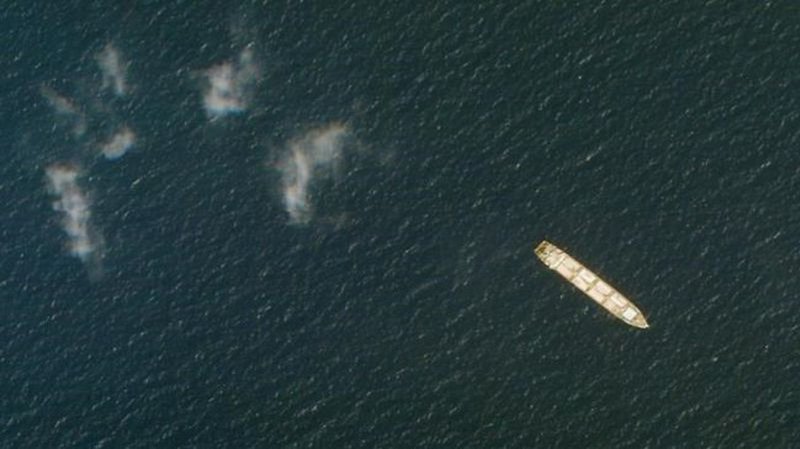
Iran state TV acknowledges ship attacked in Red Sea
DUBAI, United Arab Emirates — An Iranian cargo ship believed to be a base for the paramilitary Revolutionary Guard and anchored for years in the Red Sea off Yemen has been attacked, Iranian state television acknowledged Wednesday.
The state TV acknowledgment, citing foreign media, marks the first Iranian comment on the mysterious incident Tuesday involving the MV Saviz, suspected to have been carried out by Israel. The attack came as Iran and world powers sat down in Vienna for the first talks about the U.S. potentially rejoining Tehran’s tattered nuclear deal, showing that challenges ahead don’t rest merely in those negotiations.
The ship’s long presence in the region, repeatedly criticized by Saudi Arabia, has come as the West and United Nations experts say Iran has provided arms and support to Yemen’s Houthi rebels amid that country’s yearslong war. Iran denies arming the Houthis, though components found in the rebels’ weaponry link back to Tehran.
Iran previously described the Saviz as aiding in “anti-piracy” efforts in the Red Sea and the Bab el-Mandeb strait, a crucial choke point in international shipping.
